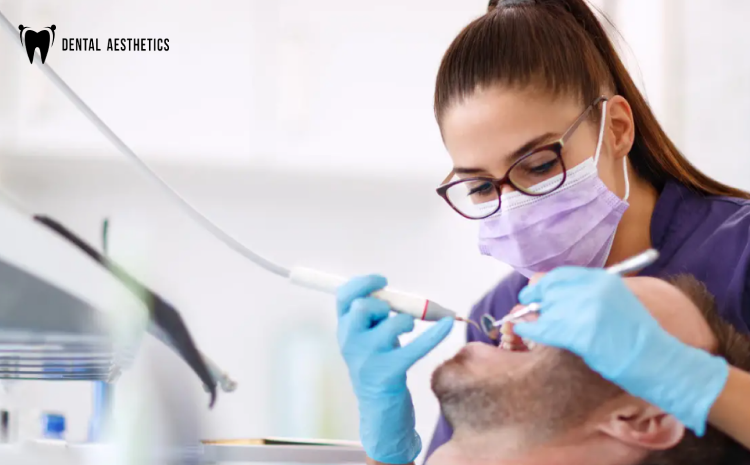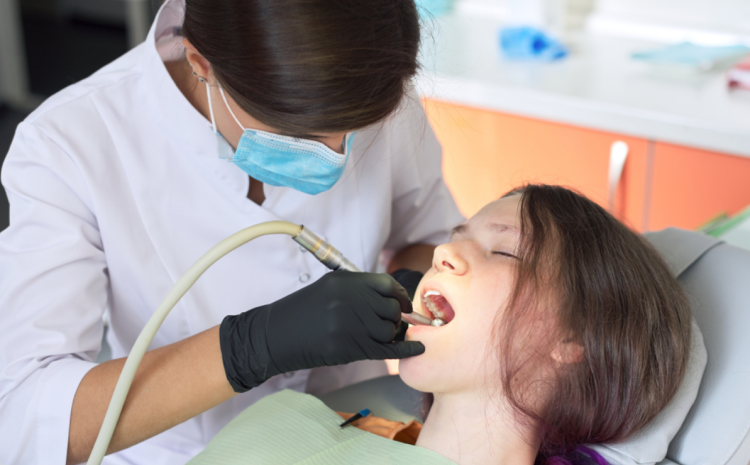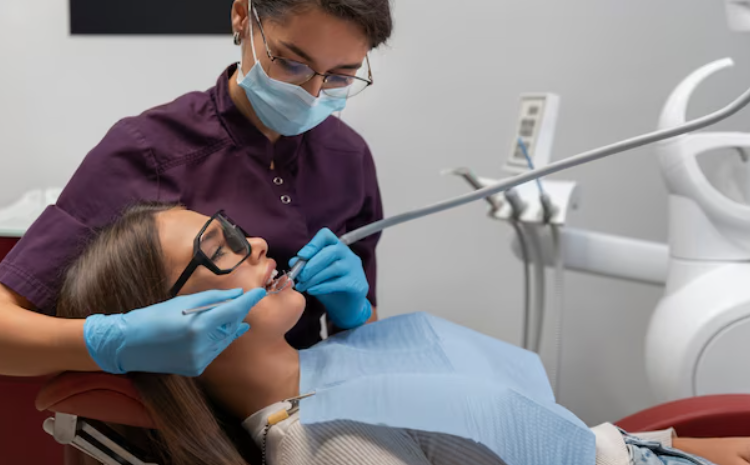Reasons a Dentist Would Recommend Sedation Dentistry

Using medicines to put you into a deeply relaxed state while receiving oral surgery is known as sedation dentistry. It drastically reduces your pain sensitivity, but it doesn't render you unconscious. Additionally, it may cause a brief amnesia, which leaves you with little remembrance of the procedure's events when it is finished.
You and your dentist both can benefit from sedation. It may ease your discomfort throughout the treatment and greatly simplify the dentist's work. In rare situations, your dentist could advise sedation dentistry for you or your child. While sedation is not always necessary for every surgery, it can be advantageous for patients of all ages.
5 situations in which sedation dentistry may be suggested by a dentist
If any of the following apply to you or your child, your dentist may be more inclined to suggest sedation.
1. Having trouble staying still
An hour or more may pass during some dental procedures. The patient must stay motionless throughout this period to avoid interfering with the dentist's procedure. Some people find it difficult to remain still for extended periods, particularly small children and those with impairments. Even when administered in relatively modest amounts, sedation can aid in maintaining body relaxation. For an appointment Call Now.
2. Gum and teeth sensitivity
There are several reasons why teeth and gums can become sensitive. It might occur as a result of circumstances beyond your control, such as your age. Most people with tooth sensitivity are between the ages of 25 and 30. It can be the consequence of using the wrong brushing or flossing technique. It can indicate an issue with your teeth or gums, like gum disease or decay, or it might be a symptom of a more serious illness, like diabetes. Your dentist may be unable to provide you with the necessary treatments to maintain your dental health if you are sensitive. Sedation Dentistry might reduce sensitivity so that the required procedure can go more smoothly. For an appointment Book Now.


3. Reflex gag
You are protected from eating foreign items by your gag reaction. If it's missing, you risk choking. Although gag reflexes are common in all humans, some people are more sensitive than others. Your dentist may find it more difficult and painful to perform oral health operations on you if you have a strong gag reaction. Your gag reflex becomes less reactive when under sedation because it relaxes.
4. Relieving anxiety
Even though visiting the dentist is usually safe and painless, some people have an unfounded fear of it. Perhaps they picked up this habit from their parents, or perhaps it is the result of some sort of traumatic occurrence. If you experience anxiety when visiting the dentist, you could skip regular appointments.
This may lead to a decline in your oral health, meaning you need to visit the dentist more frequently for more involved procedures.
Sedation dentistry can help make dental procedures more bearable for patients who experience dental anxiety or phobias. In order to maybe prevent more significant dental health issues, it might be possible to undergo sedation even for routine cleanings or exams if your anxiety symptoms are very bad. It can make the time spent in the chair seem to go by faster, and after it's finished, you might forget what happened.
5. More effective dental care
There is a limit to how much dental work a non-sedated patient can handle at once. It might not be possible for the dentist to finish the treatment before the patient has had enough, therefore making additional sessions to do the necessary dental work might be essential. Because sedation increases the patient's tolerance, it might be possible to finish the entire task in one appointment. If you suffer from anxiety, this may be beneficial to you since it will spare you from making repeated trips to the office and putting yourself in difficult situations. For an appointment Call Now.
Measures your dentist should take before giving you sedation
Although there are numerous potential advantages to sedation, not everyone is appropriate for it. Your dentist should go over your medical history with you, including any current medications, to decide if sedation dentistry is right for you. The dentist needs to provide you with information about the advantages and disadvantages of sedation as well. Discuss this with your dentist and feel free to ask questions about anything you are unsure about so that you may decide for yourself whether or not to get anesthesia.
Conclusion
Sedation dentistry has the potential to be beneficial for patients of any age. Both the potential advantages and risks should be discussed with you by your dentist. We at Dental Aesthetics are committed to providing World-Class Dental Services with conviction and quality. Please get in touch for cosmetic and complete dental care at https://www.dentalaesthetics.pk/contact or Contact no. 03218406474 Mail : talk@dentalaesthetics.pk


